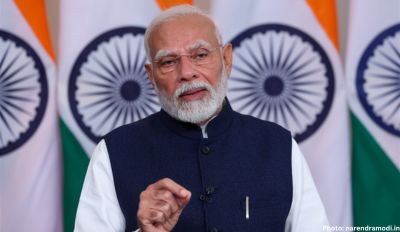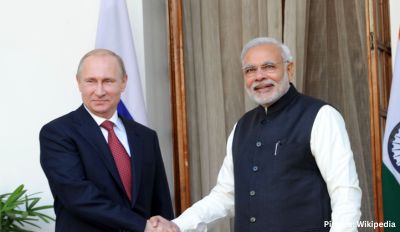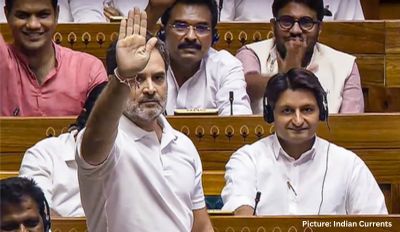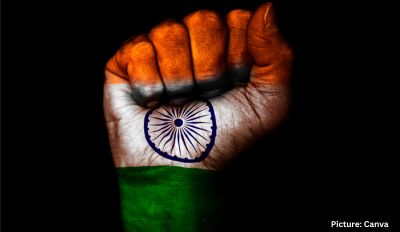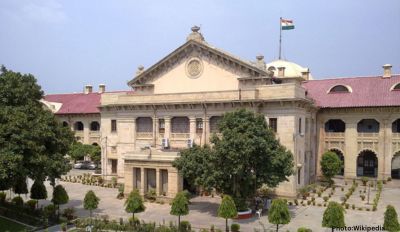Indian opposition leader Rahul Gandhi has had his appeal for a stay on his conviction in a criminal defamation case rejected by a court. The decision means that the uncertainty over whether he can contest in next year’s national elections continues. Gandhi was sentenced to two years in jail in 2019 for comments he made about Prime Minister Narendra Modi’s surname at an election rally. His lawyer, Kirit Panwala, told the BBC that they will challenge the decision in the Gujarat high court.
While Gandhi won’t be arrested until he has exhausted all legal appeals, he has already lost his seat in parliament due to a Supreme Court order which states that a lawmaker convicted in a crime and sentenced to two or more years in jail is disqualified with immediate effect. The Congress has criticised Gandhi’s conviction and accused the governing Bharatiya Janata Party (BJP) of political vendetta. The BJP, on the other hand, has denied this, stating that due judicial process was followed in the case.
The defamation case against Gandhi was brought by BJP lawmaker Purnesh Modi and revolved around comments Gandhi made in Karnataka state in 2019 during an election rally. In his speech, Gandhi said, “Why do all these thieves have Modi as their surname? Nirav Modi, Lalit Modi, Narendra Modi.” Purnesh Modi alleged that the comments had defamed the entire Modi community, but Gandhi said that he made the comment to highlight corruption and it was not directed against any community.
Despite the conviction and loss of his parliamentary seat, Gandhi has filed appeals to suspend his sentence, secure bail, and suspend his conviction in a court in Surat. The court had granted him bail to appeal against his conviction, but it’s the stay or suspension of his conviction that’s crucial to reinstating him as an MP. Gandhi’s lawyer has stated that they will continue to pursue legal avenues to challenge the decision.
The uncertainty surrounding Gandhi’s political future has raised questions about the role of criminal defamation laws in India, which have been criticized for being used to stifle dissent and criticism of those in power. In recent years, several high-profile cases have been brought against journalists, activists, and politicians, raising concerns about freedom of speech and the independence of the judiciary. As India heads towards its next general election, the outcome of Gandhi’s legal battle could have far-reaching implications for the country’s political landscape.



